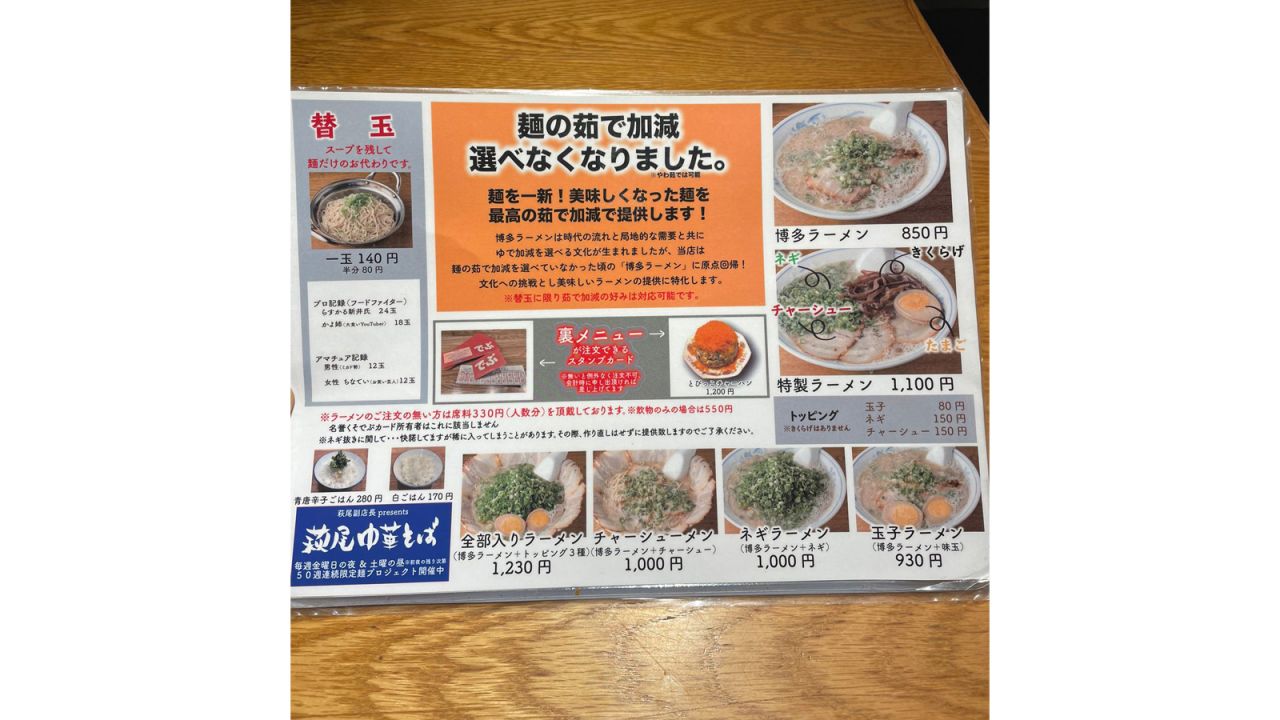Editor’s Note: Sign up for Unlocking the World, CNN Travel’s weekly newsletter. Get the latest news in aviation, food and drink, where to stay and other travel developments.
Tokyo
CNN
—
In Japan’s ramen restaurants, there’s an unspoken rule: eat quickly and leave.
One noodle shop owner takes this custom so seriously that he began timing how long his customers would take to start to eat. He found that those who waited the longest amount of time to dig into their piping-hot bowls of soup were usually watching videos on their phones, leading him to take matters into his own hands.
Kota Kai owns and operates the Tokyo restaurant Debu-chan – Japanese for “chubby” – which will celebrate its fifth anniversary this June.
In March, he decided to ban customers from using their smartphones while eating during busy times, a move that became a hot topic of conversation on social media in Japan.
“Once, when we were busy, we noticed a customer who didn’t start eating for four minutes,” says Kai, adding that the customer was watching videos on his phone as his food cooled off in front of him.
In some places, that wouldn’t seem significant. But Kai serves Hakata ramen, a type of regional ramen from Hakata in Fukuoka Prefecture, which he says is a “food born for impatient people.”
The restaurant owner says the thin noodles he serves are just one millimetre wide, so they begin to stretch and spoil very quickly. By that logic, waiting four minutes could result in a bad meal.
Debu-chan is on the large side of a Tokyo ramen shop, with 33 seats. However, Kai says it’s not unusual to have 10 people waiting in line for a seat at peak hours.
“When the seats are full and I see people stopping eating while staring at their smartphones, I tell them (to stop),” Kai says.
He adds that he has not posted any signs asking people to put their phones away; instead, he speaks to customers individually.

For him, ramen is more than just food.
“I feel it’s entertainment that is bound to include rules,” Kai says. “It’s like ‘when in Rome, do as the Romans do.’ Ramen is a form of entertainment.’”
Debu-chan is not the first place to address the usage of smartphones while dining.
A McDonald’s outpost in Singapore ran a “Phone off. Fun on.” campaign in 2017. The store installed smartphone lockers where customers could stow their devices while eating, with the stated goal of people spending more time focusing on their children.
Smartphone restrictions aren’t just about eating, either.
In 2021, Tokyo’s Adachi ward issued an ordinance against people using their phones while walking or riding their bikes.

